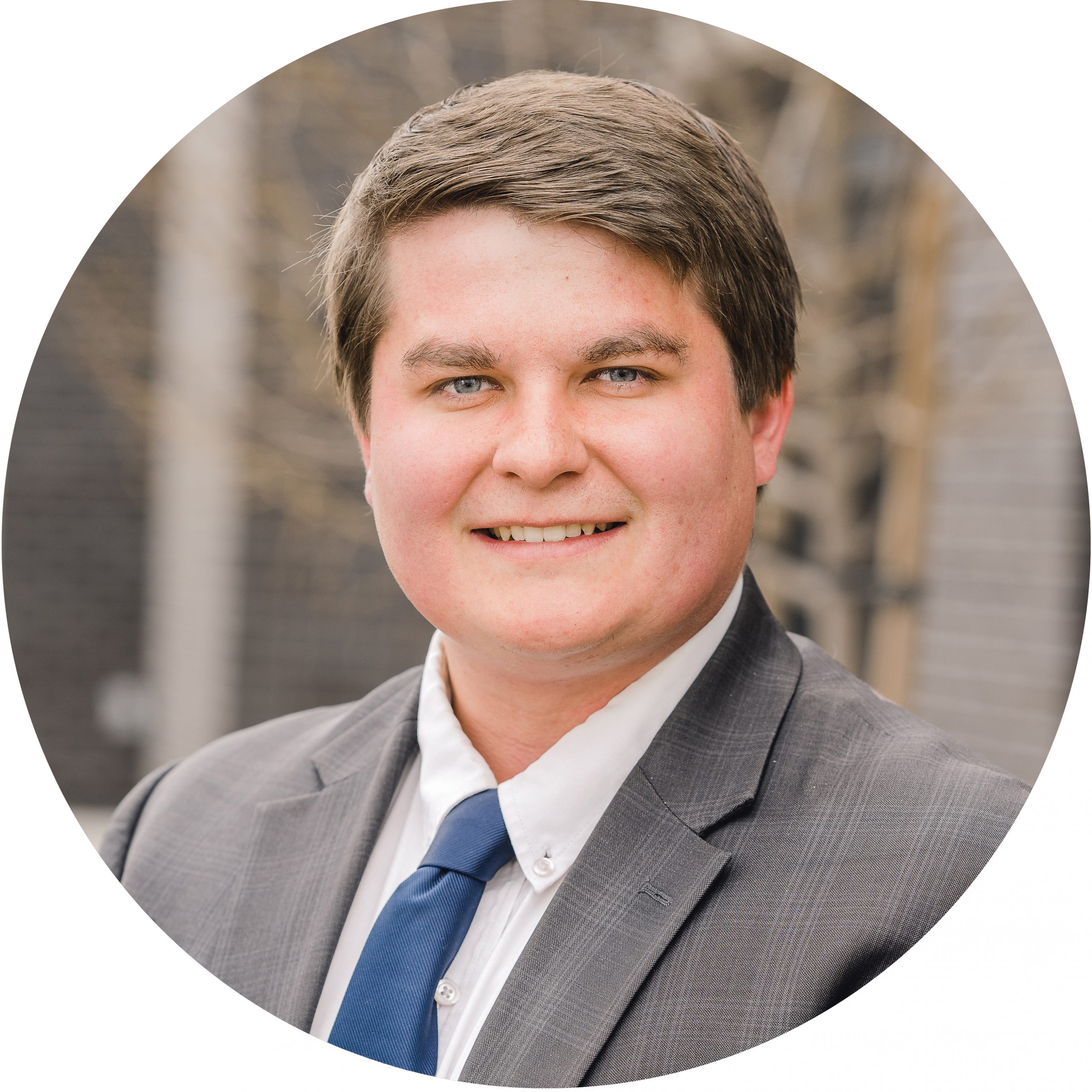Nearly every American owns a cell phone that can track their movements and house sensitive information. However, on November 3, Michiganders declared that this convenience doesn’t forfeit their expectation of privacy with the passage of Proposal 2.
The issue of data privacy has been a hot topic in Michigan for nearly a decade. In 2011, as a result of suspected criminal activity in Detroit, several months’ worth of Timothy Carpenter’s cell phone location records were acquired by the FBI without a warrant. Fortunately, the American Civil Liberties Union took Carpenter’s case to the United States Supreme Court where they held that Fourth Amendment protections apply to cell phone location records in 2018.
However, the Supreme Court’s decision only required law enforcement to obtain a search warrant for location data. The ruling didn’t apply to the rest of the data that people access every day—financial documents, photos, calendar appointments, and more. That’s why Proposal 2’s passage is so important.
Proposal 2 enacts a constitutional amendment that requires a search warrant before law enforcement can access any of a person’s electronic data and communications. This important step follows the lead of Missouri, which overwhelmingly passed an identical amendment in 2014, and Utah, which unanimously passed similar legislation in 2019.
Libertas Institute has conducted extensive research on the issue, leading to nation-leading privacy legislation. Consequently, we would like to congratulate Michiganders for their new privacy protections. We’d also like to thank Michigan State Senator Runestad for delivering Proposal 2 to Michiganders’ ballots, as well as Michigan’s Mackinac Center for Public Policy for their partnership in bringing attention to Proposal 2, and we strongly encourage more states to adopt similar privacy protections for their citizens.
For groups or legislators in other states looking to work on the issue, we would love to help!




